Villains with daddy issues? Yep, I’ve seen it too.
I write for Modern Dads because, let’s face it, fatherhood’s changing. Gone are the days when dads were just sideline characters in their kids’ lives. And I’ve noticed something: in stories, the bad guys often miss out on having a dad around. Think Darth Vader or Maleficent. It’s not just a plot twist; it’s a deep dive into what makes them tick.
Why does this matter? Because every story reflects a bit of real life. By understanding these characters, I’m reminded of the importance of being present in my own kids’ lives. It’s not just about providing; it’s about shaping their worldviews, their morals, and their futures.
In our family, this hits close to home.
Real-Life Dad Moments
Just the other day, my daughter Emily, who’s 8, asked me why some of her favorite characters from movies didn’t have dads. We were watching a superhero movie, and she noticed the trend. It sparked a deep conversation about how everyone’s family is different but what truly matters is the love and guidance you receive.
This moment was a reminder of why I chose to be a stay-at-home dad. In a world where the absence of a father figure can steer a story towards tragedy, I want to ensure my presence is a guiding light for Emily and Liam, my 5-year-old son. Being there for them, for every question, every fear, and every dream, is what shapes their narrative towards hope and not despair.
Sarah, my wife, often says that by choosing to be present, I’m giving our kids the superpower they need to write their own stories. And maybe, just maybe, that’s the greatest story of all.
Impact of Father Absence on Character
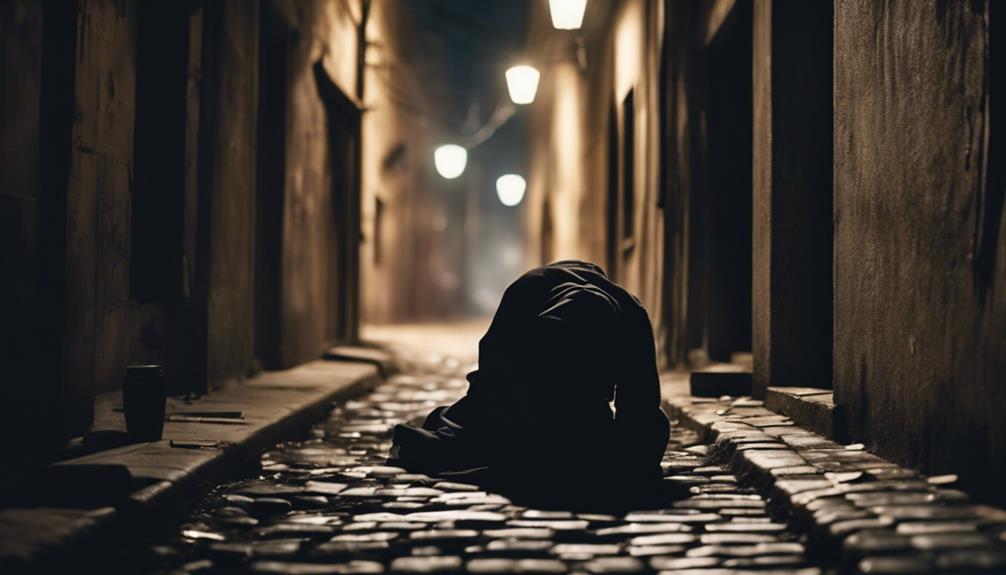
The absence of a father figure significantly shapes a character’s development and choices in villain origin stories. A father’s influence, or lack thereof, plays a crucial role in molding a character’s psyche and moral compass. When a character grows up without a father, they may lack the guidance, support, and role model necessary for healthy emotional development.
This void in their life can lead to feelings of abandonment, resentment, and a search for validation in destructive ways. Characters without a paternal figure may struggle with issues of trust, authority, and self-worth, which can manifest in villainous behaviors as they seek to fill the emotional gap left by their absent father.
Development of Villain Motives
Exploring how the absence of a father figure shapes a character’s development can provide valuable insights into the motives that drive villains in their origin stories. Villain psychology is often intricately linked to character development, and understanding the role of an absent father can shed light on the complex motives that lead individuals down dark paths. When a crucial paternal figure is missing during formative years, it can create a void that shapes the villain’s perception of the world and influences their actions.
The absence of a father can instill feelings of abandonment, insecurity, and a lack of guidance, all of which can manifest in destructive behaviors. Villains may seek power, control, or revenge as a way to fill the emotional gaps left by the missing father figure. This drive for dominance and retribution becomes intertwined with their character development, fueling their descent into villainy.
Best Villain Books and Movies
The absence of a father figure can play a significant role in shaping the backstories of fictional villains, contributing to their motivations, psychological development, and eventual descent into darkness.
Here are some books and movies where father absence features prominently in the backstories of villains:
- “Harry Potter” series by J.K. Rowling: The absence of fathers is a recurring theme in the series. Characters like Tom Riddle (Lord Voldemort) and Severus Snape are depicted as having troubled relationships or complete absence of fathers, which contributes to their sense of alienation, resentment, and search for power.
- “Great Expectations” by Charles Dickens: In this classic novel, the character Miss Havisham is left at the altar by her fiancé, leading to a life consumed by bitterness and a desire for revenge. The absence of a father figure in her life contributes to her manipulation of the protagonist, Pip, and her ultimate descent into villainy.
- “Wuthering Heights” by Emily Brontë: Heathcliff, one of literature’s most iconic anti-heroes, grows up as an orphan and faces abandonment and abuse throughout his childhood. The absence of parental guidance and love fuels his thirst for revenge against those who wronged him, contributing to his dark and vengeful nature.
- “Star Wars” series: The saga features several villains whose backstories are shaped by the absence or loss of fathers. Anakin Skywalker (Darth Vader) grows up without a father figure, contributing to his vulnerability to the dark side of the Force. Similarly, Kylo Ren (Ben Solo) struggles with the legacy of his father, Han Solo, and grandfather, Darth Vader, as he grapples with his own path to villainy.
- “The Lion King” (1994): Scar, the main antagonist of the film, is driven by jealousy and resentment towards his brother Mufasa, who is the king of the Pride Lands. Scar’s bitterness over being overshadowed by his brother contributes to his plot to seize power, leading to tragedy and conflict within the pride.
- “Maleficent” (2014): This reimagining of the “Sleeping Beauty” story explores the backstory of the titular character, Maleficent, and her transformation from a fairy of light to a vengeful villain. Maleficent’s father is absent from her life, leaving her vulnerable to betrayal and manipulation, which ultimately shapes her descent into darkness.
- “The Dark Knight” (2008): The Joker, portrayed by Heath Ledger, is one of the most iconic villains in cinema. While his backstory remains intentionally mysterious, hints of a troubled past and absence of parental figures are suggested, contributing to his chaotic and nihilistic worldview.
These books and movies illustrate how the absence of a father figure can be a compelling factor in shaping the backstories and motivations of villains, contributing to their complexity and adding depth to their characters.
Psychological Effects on Villain Protagonists
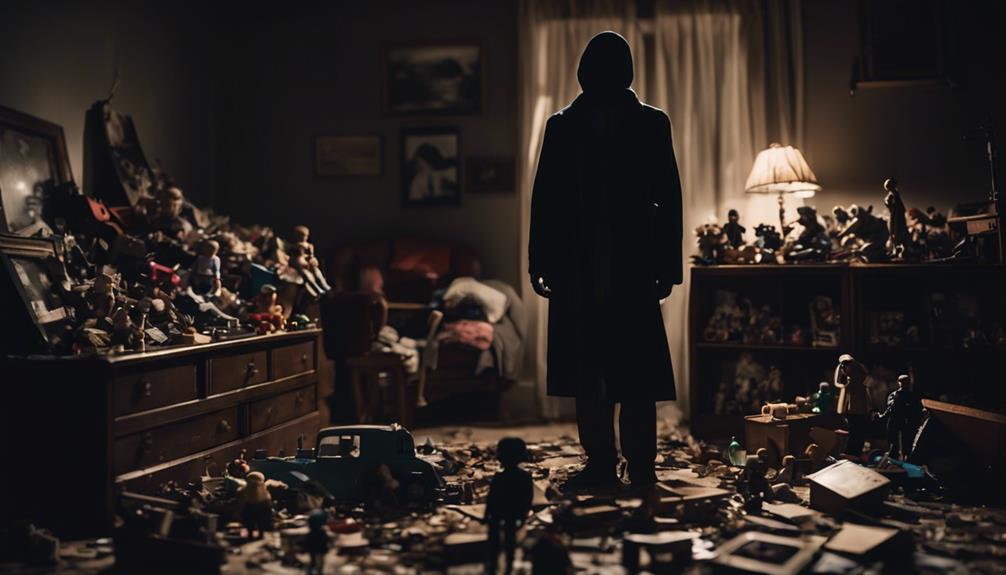
Examining the psychological impact of absent fathers on villain protagonists reveals the intricate interplay between childhood experiences and adult behavior. The emotional turmoil stemming from abandonment can manifest in various ways, leading to mental breakdowns that shape the villain’s psyche. These characters often struggle with feelings of unworthiness, rejection, and a deep-seated desire for validation that drives their villainous actions.
Role of Fatherhood in Villain Transformation
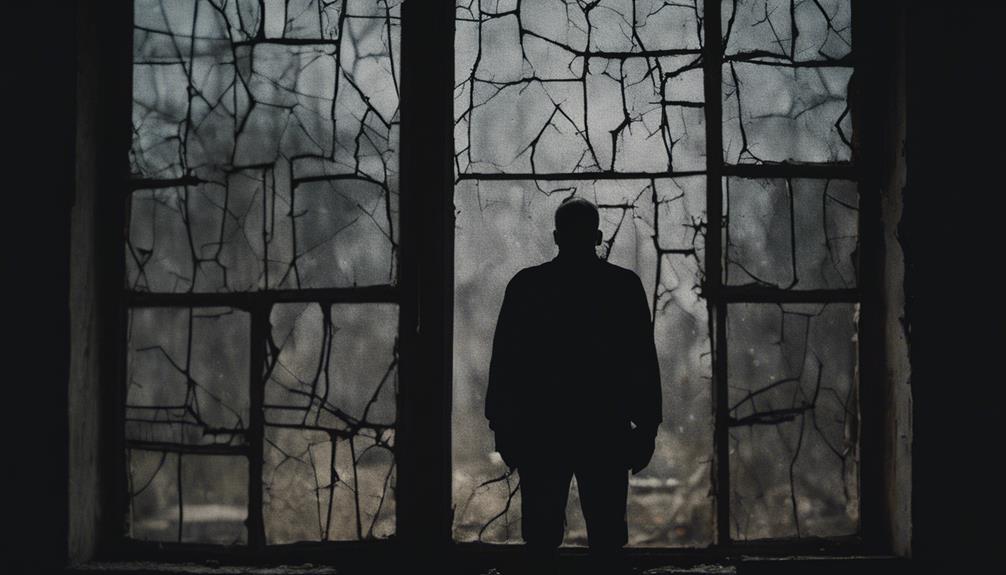
Fatherhood plays a pivotal role in the transformation of villains, shaping their journey towards malevolence through profound influences and experiences. The presence or absence of a father figure can significantly impact a character’s development, influencing their moral compass and psychological makeup.
A nurturing and supportive father figure can instill values of empathy, kindness, and integrity, steering the individual away from the path of villainy. On the contrary, a neglectful or abusive father figure can sow seeds of resentment, anger, and insecurity, laying the foundation for a descent into darkness.
In villain origin stories, absent fathers often fuel their children’s descent into darkness, while in comedy tales, the funniest fatherhood fiascos lead to hilarious mishaps and lessons learned. Despite the different tones, both narratives highlight the impact of father figures – whether absent or bumbling – on their children’s lives.
Conclusion
Diving into villain stories, I noticed how often they lack a dad. It’s key, really. Without a father, their dark journey makes more sense. It’s not just ‘Like father, like son’; it’s deeper.
Have you seen this pattern in stories, too? Share your thoughts below and discuss how an absent father shaped your favorite villain.
Don’t forget to spread the word about our chat on Modern Dads by sharing this post on social media!
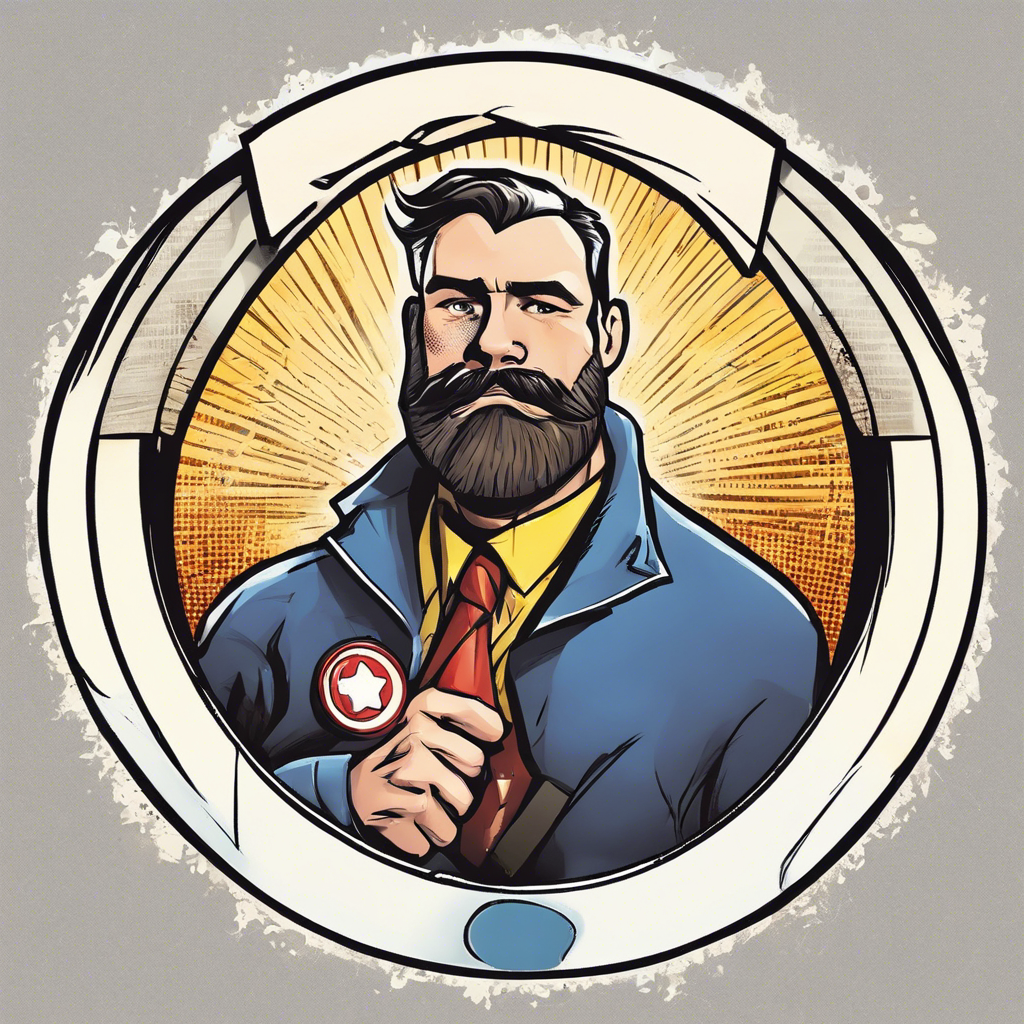
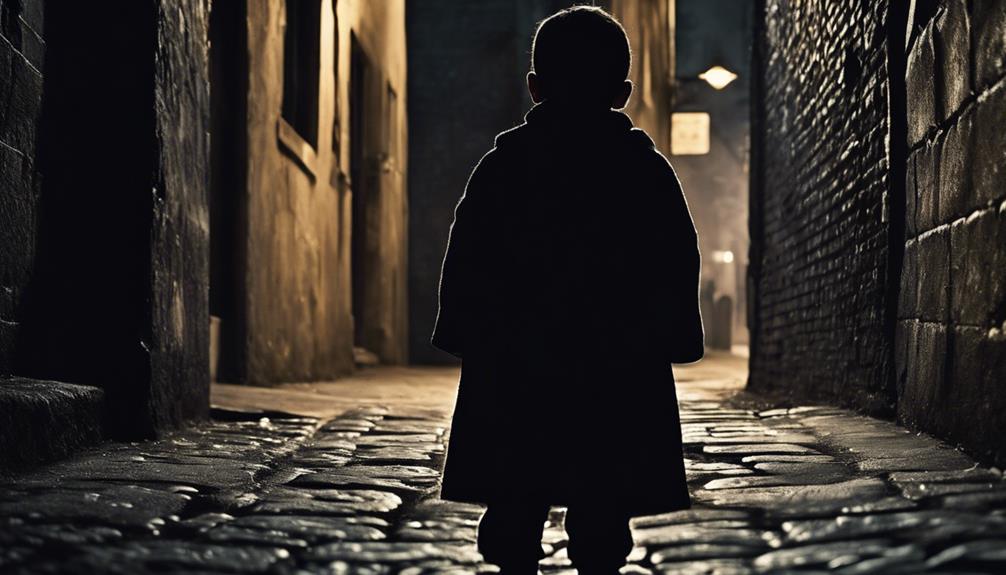
Leave a Reply